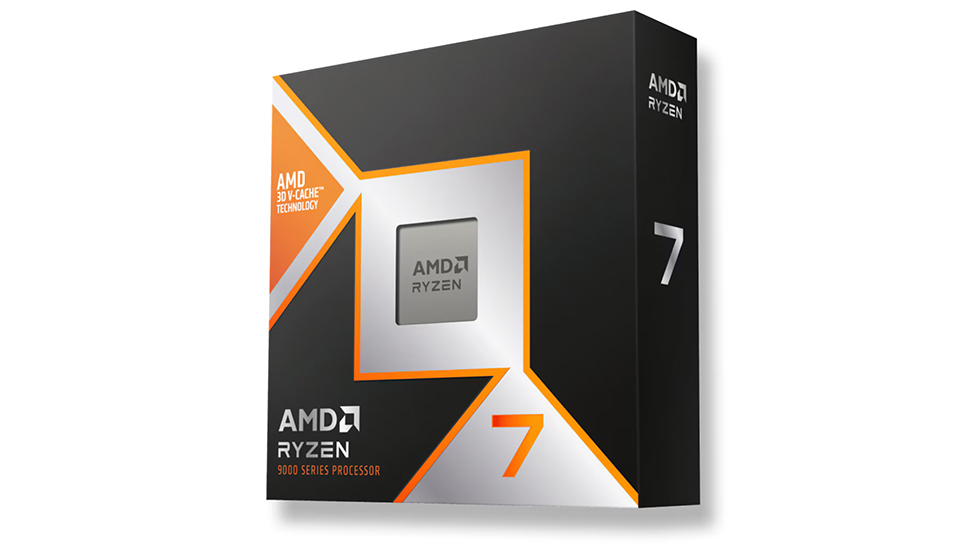
- Reviews claim AMD Ryzen 7 9800X3D excels across productivity, creative, and gaming tasks
- Innovative cache design improves cooling and multi-threaded efficiency
- Eight cores, 16 threads, and 96MB L3 cache for $480
AMD’s latest Ryzen 7 9800X3D processor has impressed tech reviewers across the board, with media outlets highlighting its adeptness in handling productivity and creative workloads, as well as gaming.
Price at $480, the Ryzen 7 9800X3D offers eight Zen 5 cores, 16 threads, and an expanded 96MB L3 cache. Its design achieves better thermal handling by placing the cache beneath the compute die, allowing for higher sustained clock speeds. This approach not only keeps the processor cooler but also optimizes data flow, making it more efficient for multi-threaded applications.
Notebookcheck noted the processor’s increased IPC performance makes it, “a good basis for creative tasks,” adding, “Compared to its predecessor, the AMD Ryzen 7 9800X3D delivers up to 25 percent more performance depending on the scenario - without an increase in its power consumption.”
Full overclocking support
In its review, TechPowerUp said, “While general application performance isn't the main focus of the 9800X3D, it's still something that's important to test. Many creators don't just game, but they also run compute-intensive applications, which was a bit of a weakness of the X3D family, because Intel's Raptor Lake offered better application performance and close-enough gaming perf. With the 9800X3D, AMD has successfully addressed that. The 9800X3D is 18% faster than its predecessor, which is a significant improvement. In some applications, the gains are even more substantial.”
The reviewer added, “In certain compute-heavy tasks, we're seeing improvements of 25 to 30% - very impressive. Compared to the 9700X, the 9800X3D is 6% faster, and it's just 12% behind the 9900X.”
Tom’s Hardware sounded a note of caution, however, saying, “The Core i9-14900K is a closer competitor for the 9800X3D due to its lower $440 price tag, and it does provide better performance in productivity workloads at its price point than the 9800X3D, beating it by 41% and 10% in multi- and single-threaded workloads, respectively. If you’re more interested in productivity work in this price range, the 14900K is a solid contender, albeit one that typically draws more power (except at idle).”
The Ryzen 7 9800X3D provides full overclocking support, with AMD’s Precision Boost Overdrive feature offering an accessible route to extract even more performance.
Users can fine-tune core and memory speeds, maximizing the CPU’s potential for both gaming and creative work. This flexibility in performance tuning fits well with AMD’s strategy of offering processors that suit a range of demanding tasks.
Tom’s Hardware concluded its glowing review with a nod to the processor’s versatility, saying, “The Ryzen 7 9800X3D is the fastest gaming chip on the market by a large margin, easily beating Intel's competing processors. AMD has significantly improved performance in productivity workloads, too, helping to eliminate some of the trade-offs of selecting a gaming-optimized X3D chip.”
You might also like
- These are the fastest CPUs you can buy right now
- AMD announces new Ryzen AI Pro 300 series processors
- AMD's EPYC 9965 is its most expensive processor ever at nearly $15,000







